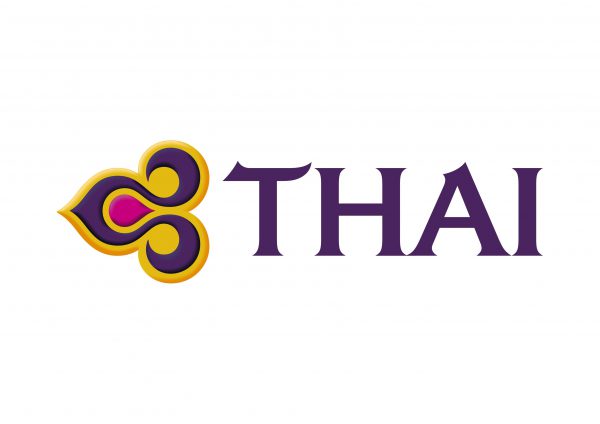BANGKOK, 21 May 2021: After a week-long delay, Thai Airways International’s creditors regrouped at a meeting on Wednesday to approve the airline’s debt restructuring plan following changes to four clauses.
It nudges the painful debt collection process forward for an army of creditors precisely a year after the airline sought protection from creditors under a so-called Chapter 11 provision in Thailand’s bankruptcy law.

The reorganisation under the auspices of the Central Bankruptcy Court of Thailand and the Bankruptcy Act was announced on 19 May 2020. THAI confirmed it had filed for business reorganisation under the bankruptcy law and assured customers it would “not go into liquidation or declare bankruptcy.”
A year later, creditors signed off on the debt restructuring plan with a favourable vote from 28 of the 36 groups representing the interests of more than 13,000 creditors. As a result, THAI is in debt to the tune of THB116 billion to the registered creditors.
A Bangkok Post report Wednesday noted the creditors secured amendments to conditions outlined in chapters four, 13 and 15 of the debt restructuring plan.
Chapter 4 of the plan says, according to the Post, “THAI requires consistent state support and should be allowed to operate its aviation and related businesses with the same privileges accorded to it before it ceased being a state-owned enterprise and entered the rehabilitation process.”
The amendment will cause considerable debate and controversy as it could leave the door open to government intervention to secure loans, possibly through state guarantees.
There is considerable opposition to the idea that the government should bail out the airline and reinstate its privileged state enterprise status through a capital infusion.
To succeed, critics argue the airline needs private sector investment and management control, with the government reducing its stake to a minimum to end political interference and gross mismanagement.
However, the Bangkok Post reported that the rehabilitation plan calls for the state to help the airline secure THB50 billion in fresh funding even though the State Enterprise Policy Office reiterated the government is under no obligation to rescue the airline.







